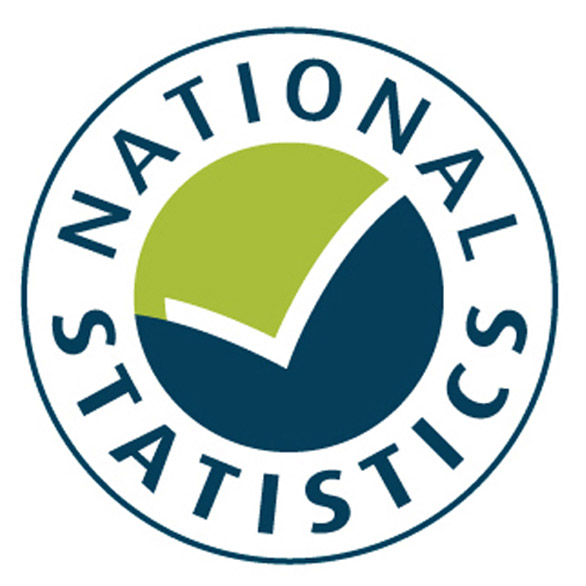News and insight
Filter
Destinations of undergraduate leavers from higher education at alternative providers in England 2015/16

The first publication of graduate destinations data from alternative providers shows: 75% of first degree leavers from alternative providers (APs) were in work; 72% of foundation degree leavers were in further study; 11% of HND/HNC leavers were unemployed.
 Open data licence: CC-BY-4.0
Open data licence: CC-BY-4.0What do we mean when we talk about data governance?
 Head of Data Governance
Head of Data GovernanceData governance is at the heart of effective data collection and dissemination - the collection govenance project will present and agree a sector wide model of best practice.
BlogEmployment of leavers summary: UK Performance Indicators 2015/16

The UK Performance Indicators show the proportion of undergraduate leavers from each HE provider who were working or studying six months after graduation, based on the Destinations of Leavers from HE survey.
 Open data licence: CC-BY-4.0
Open data licence: CC-BY-4.0What does Open Data mean for HESA?
 Liaison & Operations Analyst
Liaison & Operations AnalystLast year saw us launch an exciting new strategy to publish much of our data as open data. Hannah Cramer, one of our Open Data Champions, provides an update on recent progress.
BlogProf. Chris Husbands to Chair HESA Board

Professor Chris Husbands, Vice Chancellor of Sheffield Hallam University, has been appointed Chair of the HESA board. Professor Husbands replaces Professor Simon Gaskell, Principal of Queen Mary University of London, who will be stepping down as Chair and board member on 31 July 2017.
Destinations of Leavers from Higher Education in the United Kingdom for the academic year 2015/16

The first release of data on the destinations of leavers for the academic year 2015/16 shows that 15% of leavers were in further study in 2015/16, an increase from 13% in last year’s figures. Of full-time first degree leavers, 65% were employed in the UK, of whom 71% were in posts classified as professional employment. Of UK domiciled first degree leavers in full-time UK paid work the median salary was higher for males than for females.
 Open data licence: CC-BY-4.0
Open data licence: CC-BY-4.0The end of NewDLHE: Introducing Graduate Outcomes
 Implementation Manager - Graduate Outcomes
Implementation Manager - Graduate OutcomesToday marks the end of our NewDLHE review, and the start of our implementation of the Graduate Outcomes collection. Graduate Outcomes will enable us to collect meaningful, relevant and robust data, while realising efficiencies across the higher education sector.
BlogIncreasing insights and the future of HESA’s destinations data
 Data Content and Insight Lead
Data Content and Insight LeadThis summer sees a wealth of valuable data released on the destinations of graduates. This data provides real evidence about the employability and progression of students at a time of increasing uncertainty. This blog provides an overview of what data is being released and how you can get the most from it.
BlogFarewell to JACS, and hello to HECoS
 Director of Data Policy & Governance
Director of Data Policy & GovernanceWe have developed a new subject coding system to replace JACS. HECoS (the Higher Education Classification of Subjects) is more flexible than JACS, and so is better able to capture the diverse and dynamic nature of modern HE provision.
BlogExpenditure in higher education 2015/16

Finances of Higher Education Providers 2015/16 publication released.
HESA's publication summarising the finances of HE providers reveals the breakdown of the sector's £33.0 billion expenditure in 2015/16. Academic departments accounted for £12.3 billion of spending - 37% of total expenditure. Medicine, dentistry and health departments accounted for nearly a quarter of this, with £2.9 billion spend on these departments.
